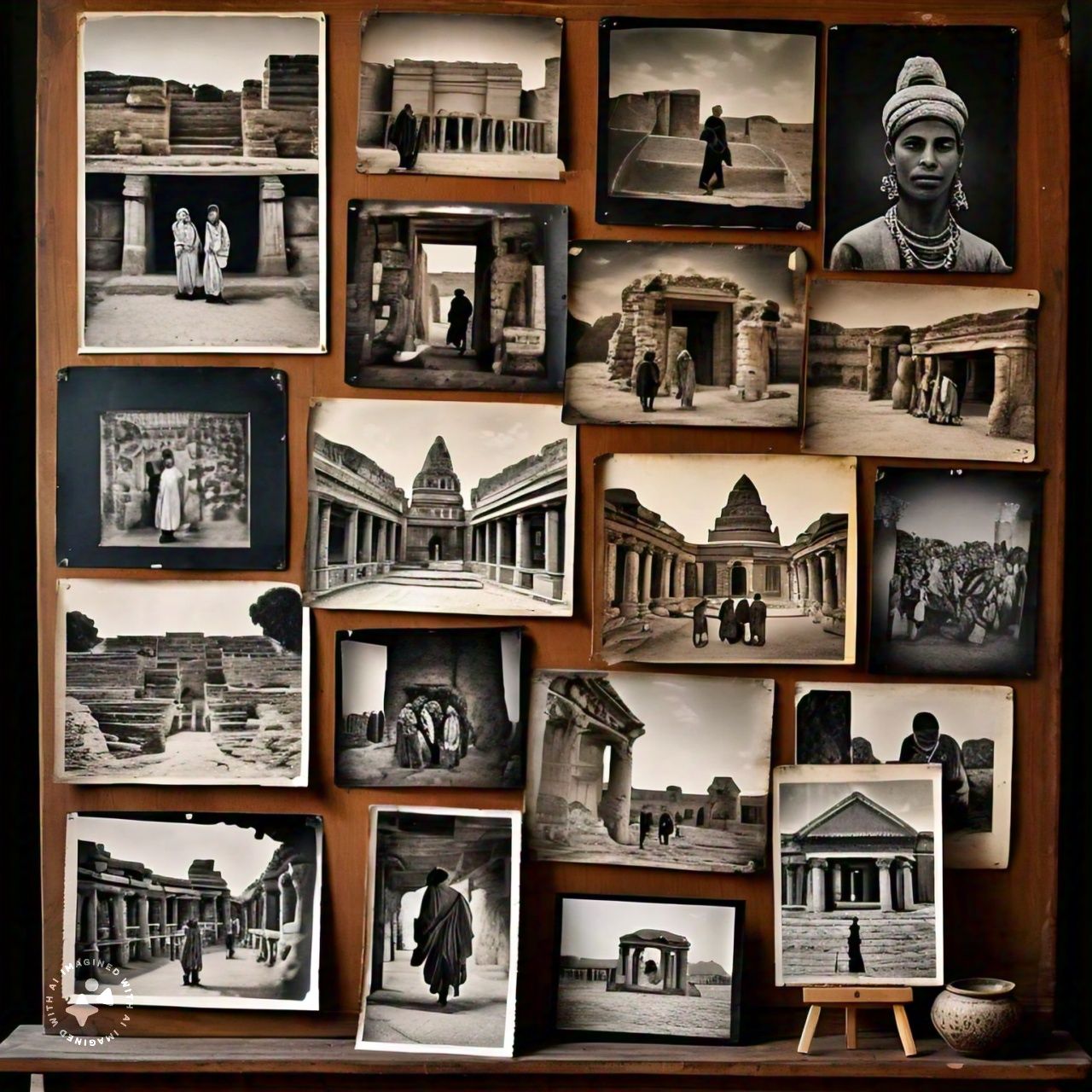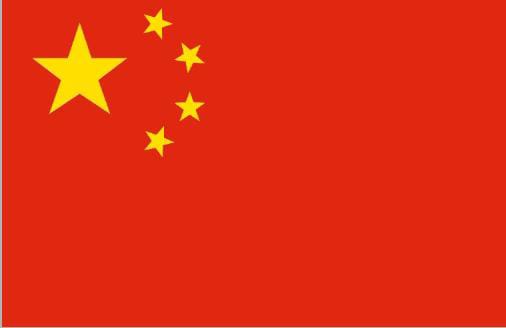Cultural Impediments
Written by Farrakh Bashir
President Tahrik taraqi kamal party
Culture is manifested through symbols, heroes, rituals and core values
A culture is defined as “a way of life of a group of people–the behaviours, beliefs, values, and symbols that they accept, generally without thinking about them, and that are passed along by communication and imitation from one generation to the next.” Another very simple yet an all-encompassing definition is “The way of life of an entire society.”
Culture is manifested through symbols, heroes, rituals and core values. Symbols are the outer most layer and carry meanings which are recognized by individuals sharing that culture. These changes frequently and are replaced by new ones. The heroes, the role models, embody all personal qualities that are revered by a group of people. Rituals, collective activities, are not directed at achieving any desired goals but done as social essentials. Values, though intangible, are the core of any culture. They determine the individual and collective behavior of the society. When confronted with similar set of challenges it is the values that engender different responses.
Culture evolves over centuries through an interplay of factors like geography, history, language, religion, politics, economics and the influence of other cultures. The process of formation of culture is so gradual and subtle that it is difficult to determine the degree of influence of any single factor on it as none acts in isolation. The flavor of each can nonetheless be distinguished from the other. Cultural behavior and practices are so deeply engrained in its psyche that any change is inadvertently resisted by the society. The older the culture coupled with illiteracy the more difficult it is to bring about a real change. Cultural values determine the very direction that a nation takes and impact deeply the outcomes.
Pakistani culture is very old and diverse. We are heir of Harrapan, Mohenjo-Daro and Taxila civilizations. The warm weather and fertile lands left no incentive for adventurism and hardiness. Sowing, caring and reaping of crops was seasonal and gave population plenty of leisure time. The riches of the land attracted invaders through out the history at varying interval. On the one hand it enriched local culture on other hand nurtured tendency to submit to power without resistance. Torn between loyalty to native land and everchanging masters double faced psyche emerged. The religious influence of two major religions, Hinduism and Islam, is palpable in every walk of life. Misinterpretation of concept of “Kismet” and superstitions derived from Islam and Hinduism respectively disincentivize hard work and creative thinking.
The British Colonial rule has probably the most profound effect and can be noticed everywhere. The interests of subjugators and subjugated never coincide rather are always in conflict with each other. The colonial power’s main worry is a challenge to its authority from native population. Native population with strong cultural identity poses constant threat. The British systematically destroyed all strands of native culture. Education, values, symbols, nobility, dresses and language were reduced to second class in the eyes of natives and at times sticking to those was considered as ridiculous. Door keepers in all five stars hotels dressed in traditional nobility’s dress till today is evidence of how badly the native culture was degraded. Speaking English is language of elite and Urdu, the national language, is termed as the vernacular.
Colonial powers main purpose of occupying a foreign land is to extract maximum material gains and prolong this exploitation as much as possible. They design administration and education systems to consolidate their power and divide natives in distinct classes. The administrative machinery and nobility are meant more to instill fear and awe than the welfare of common man. The British controlled this vast area with colonial army, civil bureaucracy and landed nobility. Unbridled powers and abundant privileges were used to buy their unflinching loyalty to the Raj and at the cost of natives. The landed nobility who were rewarded with large estates, for their services to British Raj, was used to suppress population in the rural areas. Landed gentry to this date takes full pride in their ancestor’s services to Raj and how they were rewarded. Betraying your own people in service of colonial masters, is a matter of pride indeed.
The trio, civil military bureaucracy and landed gentry, steeped in colonial tradition are resistant to any reforms that put curb on their excessive privilege and check their unbridled powers and makes them accountable. The administration is characterized by patronage, discretion, inefficiency and corruption. It serves the interests of trio well but not the masses. The societies are categorized in low-power and high-power societies considering the degree of acceptance or rejection of power and influence in organizations. In low-power societies the gap between the lower rung and higher is small whereas in high-power societies it is large. We are a very high-power society.
Everything nourishes in a culture and state systems are no exception to it. Our culture is characterized by wasting time, misusing authority (who can wield and acceptance by victim without much resistance), ostentatiousness, social injustice, lack of initiative, ambiguity, orthodoxy, nepotism, unaccountability, and poor work ethics. In this cultural milieu modern and responsive state system cannot prosper. It is not to say that the situation is irredeemable and also not to say that there is nothing good in our culture. We have our cultural strengths because of which we as a society have been able to sail through some of the very difficult times. It is only desired to present the challenge in its entirety. The challenge is huge and necessitate a cultural shift that is in line with modern times. Let orthodoxy give way to innovation, personalities to systems, discretion to accountability, lethargy to hard work, lie to truth, tardiness to punctuality and injustice to justice. It is a tall order but with commitment and collective effort we can do it and we have to do it because there in lies our survival.



